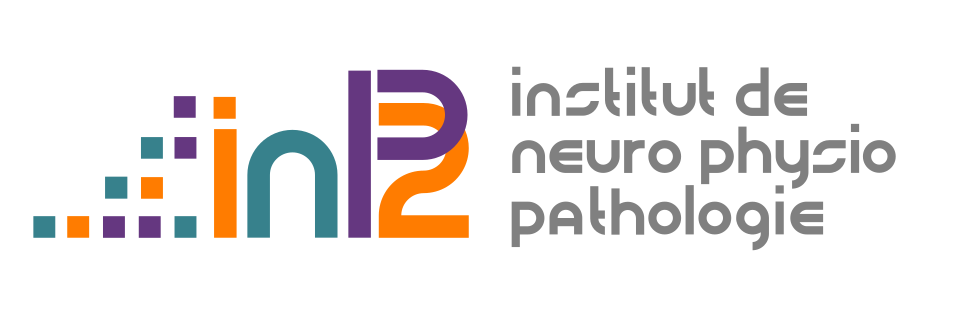A joint research laboratory or Labcom is a bilateral partnership, structured through the co-construction of a “Joint Laboratory” between an SME (Vect-Horus) and a research organization laboratory (INP, CNRS/AMU). A Labcom is defined by the signature of a contract defining its mode of operation, and in particular :
a joint governance,
a research and innovation roadmap,
working resources to enable joint implementation of the roadmap, provided by public and private partners;
a strategy to ensure that the partnership's work is leveraged by the company.
Applications for Labcom status are examined on an ongoing basis by a Steering Committee. Some Labcom projects are financed by the ANR, with lump-sum funding for the public laboratory and a program lasting at least 54 months, and not limited to predefined objectives.
The INP has set up a Labcom with Vect-Horus, a biotech company spin off from the NICN laboratory that preceded the INP. More specifically, the Labcom concerns the BBB and Neuroinflammation team headed by Michel Khrestchatisky, INP's director from 2018 to 2024. The Labcom involving Vect-Horus and INP is not funded by the ANR, which only supports projects that have not already been awarded the Labcom label.
In the case of Vect-Horus and the INP, the Labcom is governed by a framework research and collaboration contract between the company, the CNRS and AMU, which enables intellectual property issues to be managed seamlessly. Nine patent families and over a hundred issued patents are co-owned by Vect-Horus, the CNRS and AMU.
Vect-Horus is responsible for commercializing jointly-developed work, and has set up a business development team to license jointly-developed technology to industrial partners.

